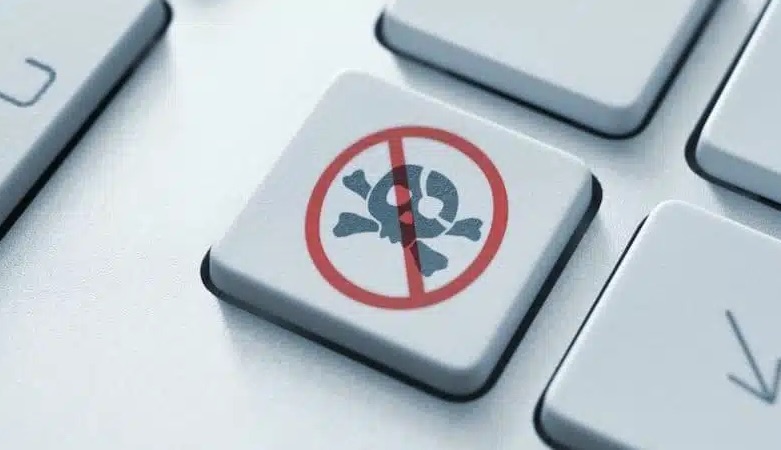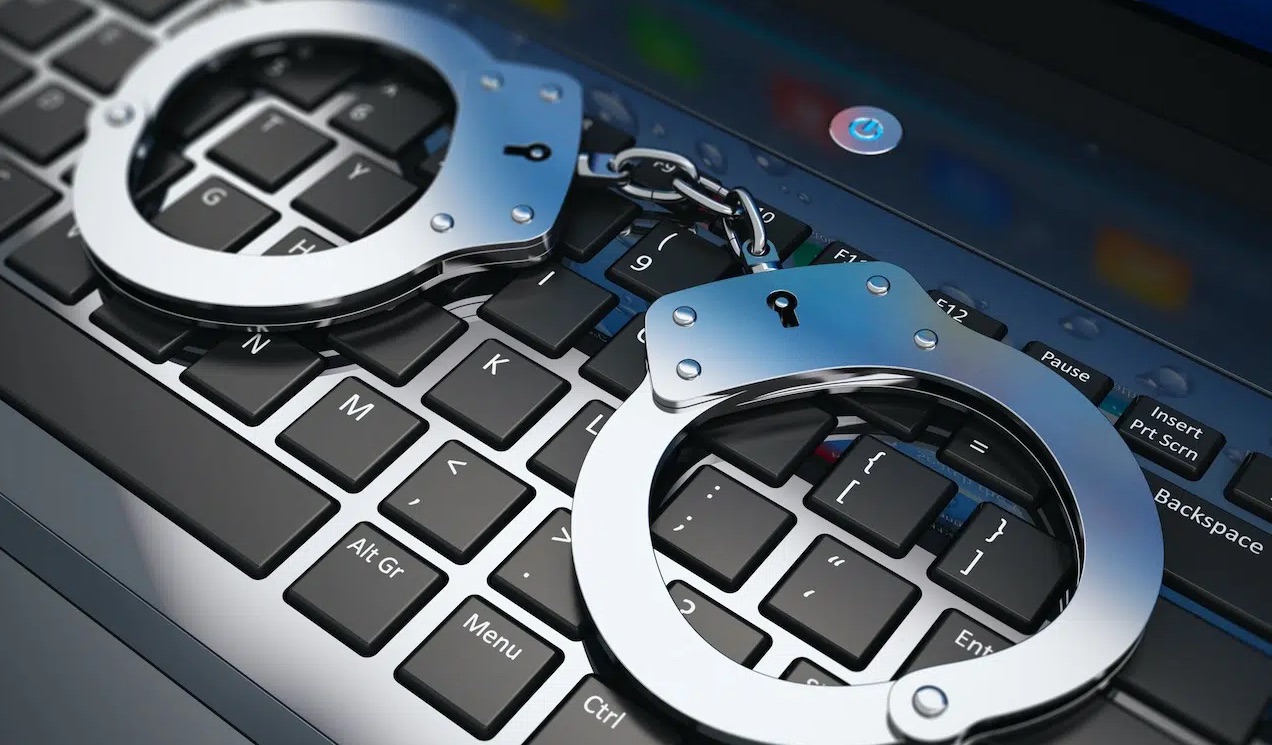Online piracy is an ever-present plague, indeed growing, as we will see. And as demonstrated by the new advertising spot starring the former national team player, and well-known face not only to football fans, Christian “Bobo” Vieri.
In recent months, several steps forward have been made at a legislative level in this direction. And last July the Senate approved the so-called “anti-pezzotto law”. That is, a law against the illicit dissemination of content protected by copyright. The fines envisaged include up to three years in prison and fifteen thousand euros in fines.
We will see in more detail which rules have been adopted. Meanwhile let’s say that, curiously, some amendments to the law were included in the Caivano decree, which provide for immediate intervention in the event of an offence, without the control of Agcom. Let’s proceed in order.
The Caivano decree and the law against online piracy
The so-called Caivano decree does not seem to have much to do with online piracy.
In fact, it is a law decree containing “urgent measures to combat youth hardship, educational poverty and juvenile crime.” Yet, in the text converting the legislative decree of 15 September into law, some amendments to law 93 of 14 July 2023 are also included. The “anti-pezzotto law”, in fact.
What has been changed?

The law
The incongruity of including amendments to a law against online piracy in a text concerning crime and child hardship is surprising.
Beyond this, and going to the substance, the amendments have already been implemented. Let’s first remember what the current law provides. In summary, a great deal of power has been entrusted to Agcom, the Communications Regulatory Authority. Agcom has the task, after reporting from those who hold the rights to a specific content, to ask operators to quickly block (within 30 minutes) pirated broadcasts. It goes without saying that this immediacy is aimed above all at the broadcasting of football matches through illicit channels.
To make these operations to block illicit flows technically possible, the Lega Calcio donated the Piracy Shield platform to Agcom in August.
The amendments
The platform, not yet in operation, being automated would not require human control intervention by Agcom.
And the amendments to the anti-pezzotto law provide that it is up to the providers to obscure any illegal transmissions, bypassing Agcom, which would only be informed of the action. This seems like a glaring contradiction compared to the law, where it is made clear that the IP blocking function is the sole responsibility of the Authority. Other doubts are raised by the ability of providers, or other private companies delegated by them, to intervene quickly and above all correctly.
Another amendment provides for the halving of the platform launch times, from 6 to 3 months.
Times
The initial amendments were presented by Daniela Ternullo and Mario Occhiuto, both from Forza Italia. Amendments then implemented and further tightened by an amendment signed by the Minister for Relations with Parliament Luca Ciriani.
The figure of Claudio Lotito, senator of Forza Italia and president of Lazio, weighs heavily on these changes.
The amendment will be voted on in Committee on Tuesday 24 October, after which it will be debated in the House.
Online piracy on the rise
In the meantime, we were saying, online piracy is on the increase, and it doesn’t just concern the use of sporting events.
A very recent report at European level, “Online copyright infringement in the EU 2023”, reports that in our country the phenomenon has grown by 3.3%.
The survey on audiovisual piracy in Italy in 2022 then tells us that the damage to turnover resulting from online piracy amounts to 1.7 billion euros. And a loss of almost 10,000 jobs is estimated, especially among the youngest.
In 2022, television piracy in Italy represented 48% of the total. Software piracy is on the increase and film and music piracy is decreasing.
Finally, we would like to point out that Illegal downloading also affects book publishing: research conducted by Ipsos for Air has estimated the turnover that this piracy takes away from the sector annually at 771 million euros. And we are talking about 31% of the overall market.















Leave a Reply
View Comments